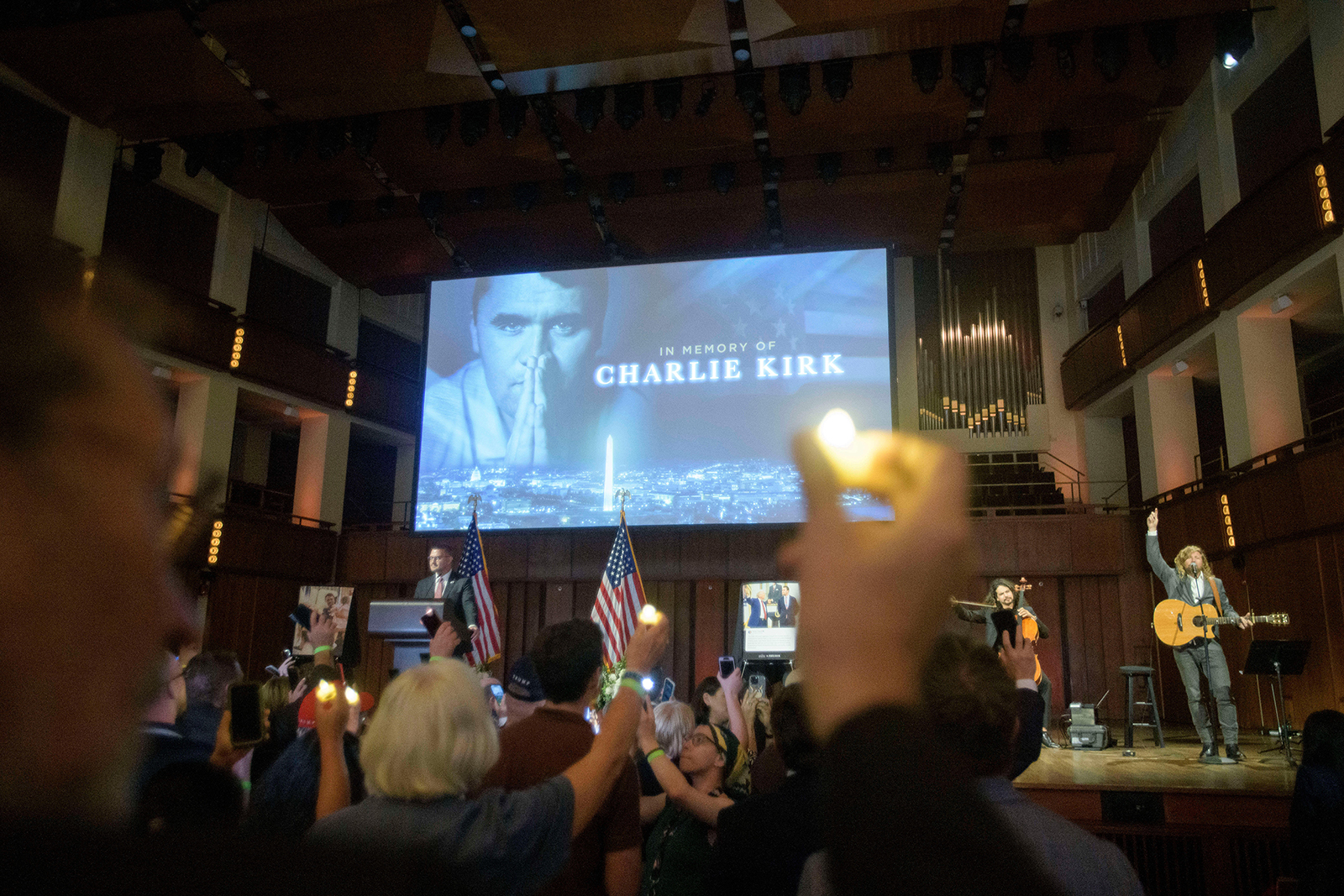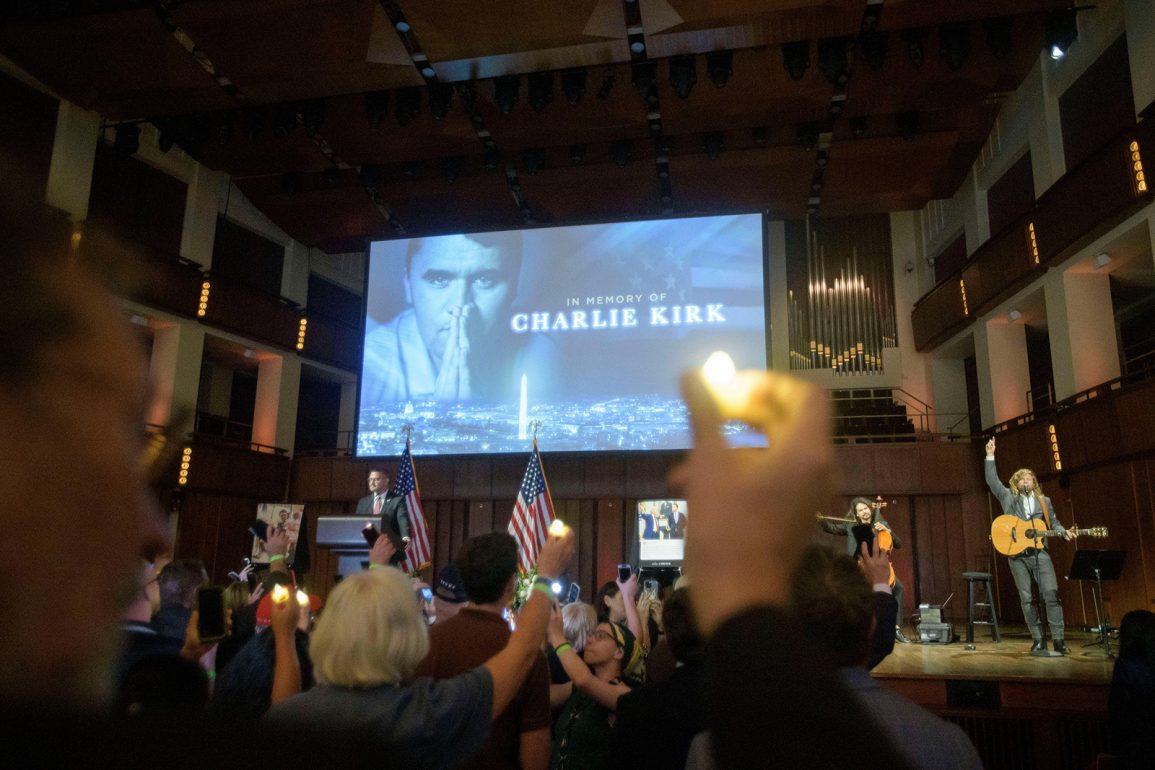
(RNS) — After Tyler Robinson was arrested Friday (Sept. 12), Utah Gov. Spencer Cox confessed at a news conference that he’d been praying that the assassin of Charlie Kirk would turn out to be from another state or country.
“I thought it would make it easier on us, if we could just say, ‘Hey, we don’t do that here,’ and indeed, Utah is a special place,” Cox said. “But it did happen here, and it was one of us.”
I imagine that, for Cox, it was not just being a Utahn that made Robinson “one of us.” He’s a birthright member of The Church of Jesus Christ of Latter-day Saints who hails from St. George, the city where Brigham Young spent his winters and where the first Mormon temple in the state was completed.
A shared religion pushes people to acknowledge that, right or wrong, they have a share in a common space. That’s why the philosopher Jean-Jacques Rousseau held that, in a world where exclusive national religions are no longer possible, it is necessary to create a civil religion predicated on tolerance of others.
Such a civil religion sacralizes the political system, according to Italian historian of fascism Emilio Gentile. It guarantees “a plurality of ideas, free competition in the exercise of power, and the ability of the governed to dismiss their governments through peaceful and constitutional methods.” It therefore “respects individual freedom, coexists with other ideologies, and does not impose obligatory and unconditional support for its commandments.”
In the United States, in a time of crisis, we look to political leaders, above all to the president, to articulate a civil religion of this sort — to speak to the country, as Abraham Lincoln did in his Second Inaugural Address, “with malice toward none, with charity for all … to bind up the nation’s wounds.”
President Donald Trump has, unsurprisingly, done nothing of the sort in this time of crisis, transgressing civil religious norms with utter self-awareness. When Trump appeared on Fox & Friends on Friday, Ainsley Earhardt invited him to do the right thing: “We have radicals on the right as well. How do we fix this country?”
His response: “I’ll tell you something that’s going to get me in trouble, but I couldn’t care less. The radicals on the right oftentimes are radical because they don’t want to see crime. The radicals on the left are the problem, and they’re vicious and they’re horrible and they’re politically savvy.”
In place of a civil religion that sacralizes the political system to include those with whom we disagree, Trump has embraced a political religion that excludes them — one that, as Gentile put it, “is intolerant, invasive, and fundamentalist, and … wishes to permeate every aspect of an individual’s life and of a society’s collective life.”
In 1930, two German communists murdered a 22-year-old member of the Nazi Party’s paramilitary wing named Horst Wessel. He was proclaimed a martyr by Propaganda Minister Joseph Goebbels, writing how “a divine element works in him.” A march for which Wessel wrote the lyrics became the party’s official anthem.
Today, the canonization of Charlie Kirk proceeds apace. Tributes to him as a stalwart of free speech rights have come from expected and unexpected quarters, even as some are fired from their jobs for daring to criticize him. There are songs celebrating him as a martyr to a great cause. He is fast becoming the Horst Wessel of Trump’s political religion.








